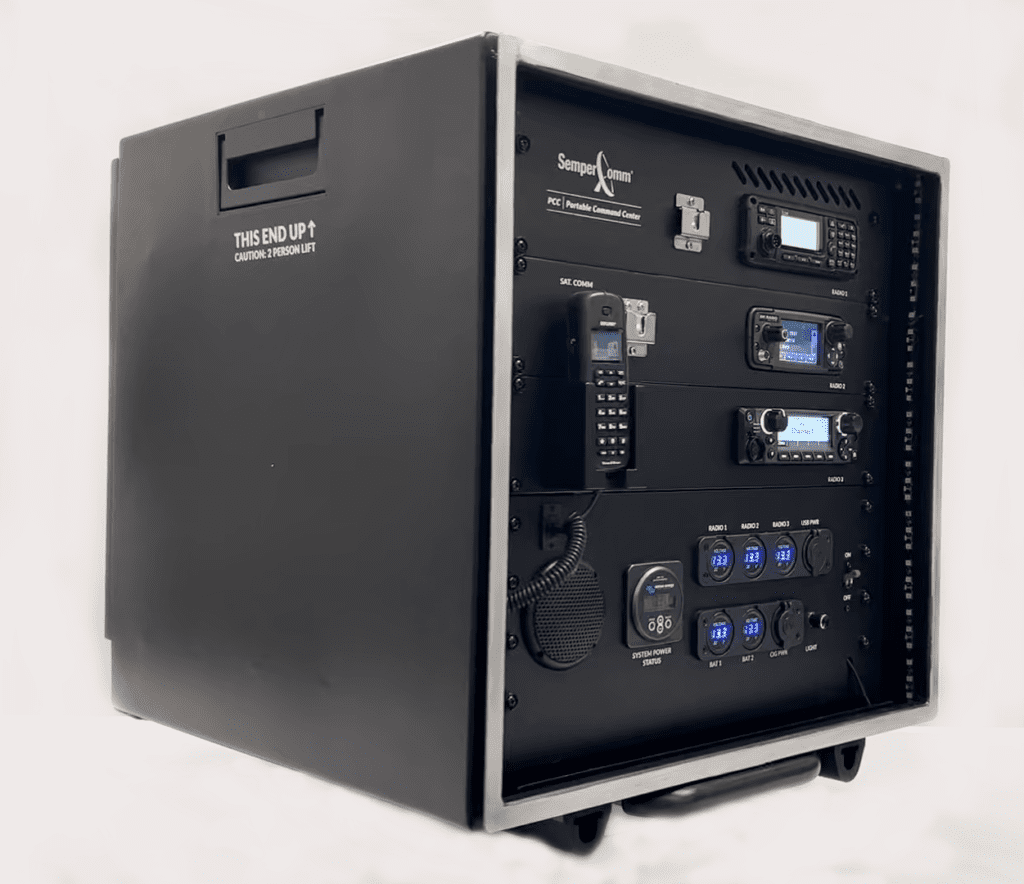Emergency Communications and Disaster Response
Emergency Communications: Why You Need Backup Communications
There is an average of 100 declared disasters in the U.S. annually. As a result, no community is immune from extended emergencies or disaster events.
Additionally, every geographic area of the U.S. will be affected at some point by a disaster or an extensive critical incident. Moreover, whether or not you have effective back up emergency communications can make a significant difference. In a disaster, managing events in the first 72 hoursis critical. Every community is vulnerable to critical incidents and disasters. During these times, critical communications systems can fail just when you need them most. How do we solve this problem?
First, recognize Emergency communications systems are vulnerable. Nearly all communications systems depend on external working infrastructure. These systems need infrastructure to function. This includes: roads, power, fuel, networks and repeater systems. These are the very systems that can be disrupted during an emergency event.
CONSIDER THE FOLLOWING:
Emergency Communications Systems are needed for effective disaster response and recovery
In every critical incident and disaster, reliable communications are critical in determining life and death outcomes. Without communications, coordinating response resources is simply impossible.
Emergency Communications Failures Can Be Devastating
Critical communications systems are often the first thing to fail during disasters. When critical communication systems fail, authorities lose their ability to manage and control events. This greatly multiplies negative impacts.
Emergency Communications Systems have Multiple Weaknesses
Often emergency managers are not fully aware of their communications system vulnerabilities. This includes a lack of interoperable communications, inadequate back up systems, or back up systems dependent on vulnerable infrastructure.s
When failure occurs, many are unable to operate independently for the first 72 hours.
Many emergency managers depend on outside support for emergency back up. This is risky. This dependence can result in help arriving beyond the first 72 hours which is too late.
Mobile Command Centers are often ineffective and too costly for many communities and organizations
These vehicles are often cost prohibitive for many communities and organizations. They often fail to meet the critical 72 hour response requirement. This makes them unsuitable for first on scene communications.
To learn more about SemperComm® or for sales or questions, contact us.
About SemperComm® (“Always Communications”)
SemperComm’s Portable Command Center is the only system available today that does not need any infrastructure in order to operate and provides all the mission critical capabilities above. You can learn more about our patented Portable Command Center Here.
SemperComm® Systems is an Emergency Management consulting firm that provides emergency management services and emergency communications products. To learn more about how SemperComm® can meet your needs contact us.


